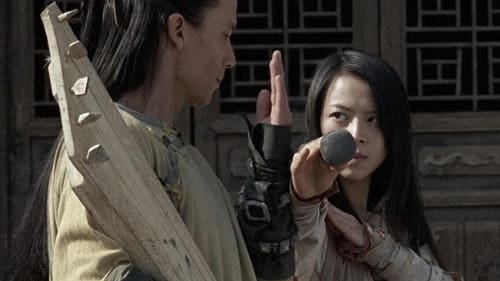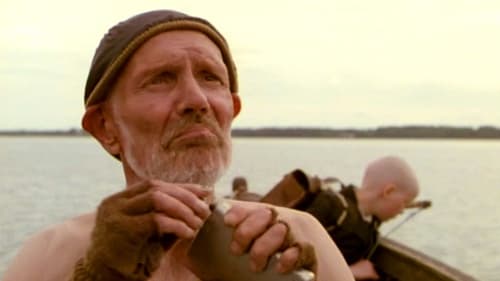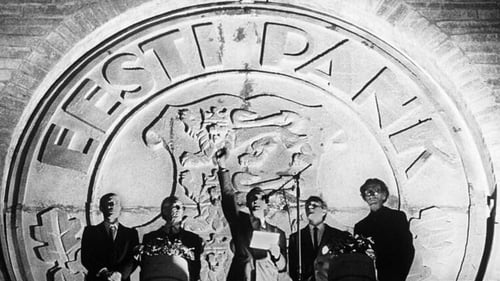
Director of Photography
To understand the international phenomenon of Uku Kuut means to understand the ability of different musical niches, sub-genres and hidden creative explosions to not only exist, but flourish, completely independently of the mainstream. Kuut’s life, mothered by Maryn E.Coote (who you may know as the Estonian jazz diva Marju Kuut), took him from the Soviet Union to a refuge in Sweden, music studios in Los Angeles, back to a re-independent Estonia and later, fighting ALS, to loudspeakers all around the world.

Producer
To understand the international phenomenon of Uku Kuut means to understand the ability of different musical niches, sub-genres and hidden creative explosions to not only exist, but flourish, completely independently of the mainstream. Kuut’s life, mothered by Maryn E.Coote (who you may know as the Estonian jazz diva Marju Kuut), took him from the Soviet Union to a refuge in Sweden, music studios in Los Angeles, back to a re-independent Estonia and later, fighting ALS, to loudspeakers all around the world.

Producer
An experimental shale-oil essay starring people, industry, and nature.

Producer
Documentary about Estonian rock music as a birth-story of a fresh thought in the contradictional Soviet cultural space. A world of contrasts – pioneers placing flower chaplets to Lenin’s monument and Scott McKenzie “If you’re going to San Francisco, be sure to wear flowers in your head”. First Estonian beat-bands were born already in the early 60’s. Names like “Juuniorid”, “Rütmikud”, “Optimistid”, “Mikronid”, “Kristallid”, “Virmalised” and a lot of others, not so well known, performed almost every week on youth dance-nights. The repertoire was mainly acquired by listening and recording music from foreign radio stations with the static noise of the radio. Radio Luxemburg and a lot of other radio stations playing new music, like Radio Caroline and Radio Sweden, became windows to the music world. On 28 April, 1968, the Puhkeparkide Direktsioon and Tallinn Beat Club organized the first festival-like youth music event in Estonia and in whole Soviet Union.

Producer
Thousands of years ago in ancient China, a man fights against his destiny. He wants another chance to be reunited with his loved one and he gets that chance, in a far away place and a far away time, in modern Finland.

Property Master
A quiet Tarkovskian drama about an old man who lives alone on a deserted island which the Soviet fighter planes use for nighttime target practicing. A young mute boy is sent from the mainland to keep him company. Both are haunted by memories, the boy about his mother and the old man about his younger days as a missionary in Africa.

Property Master
Young and active nationalist Aleksander Kesküla makes up his mind to use Lenin, the Bolsheviks' leader, in order to start a revolution in Russia with German money and create a new national state of Estonia in the north-east of Russia. For security reasons, five doubles will be found and trained for Lenin. All of them are finally sent to Russia to instigate the revolution. How will the real Lenin put up with all this?

Assistant Art Director
In August, 1991, Estonia reclaims its independence from the USSR and brings to its national bank nearly $1 billion in gold bullion hidden in Paris for 50 years. Russian mobsters have a bold plan to hijack the gold after shutting down the capital's power at midnight. For this they need Toivo, an electrical technician. His wife is pregnant and she urges him to take the job ("$5000 buys lots of baby food"). After Toivo leaves for the plant, his wife goes into labor. Birth and blackout happen simultaneously; the baby needs an incubator, but there's no power. Jealousies within the Mob undercut the plan's smooth operation, and soon the Mob has Toivo to deal with as well.






